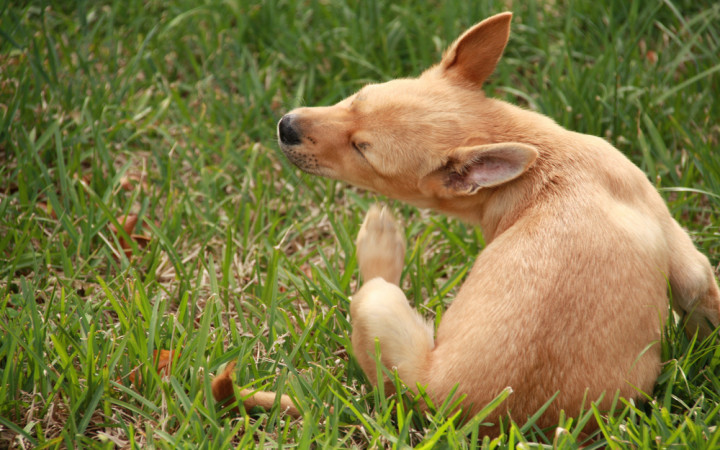If you ask most dogs, they'll tell you they don't like fleas. Fleas bite and make them itch. Dogs certainly don't buy them.
And if there was a market that sold them, you definitely wouldn't find any dogs there. So what's the deal with flea markets?
A flea market is a marketplace where secondhand (used) or inexpensive goods are sold or traded. Flea markets can be indoors (warehouses, gymnasiums), outdoors (vacant lots, side streets), or a combination of the two.
Flea markets are sometimes called "swap meets." This is because many people who sell goods at flea markets will also (trade) for other items, too.
In Australia, flea markets are often called "trash and treasure markets." This name reflects the wild variety of goods you're likely to find at most flea markets.
Whether it's books, music, clothes, tools, collectibles, or odds and ends, you never quite know what you're going to find at a flea market.
The sellers at flea markets (called "vendors") range from families selling a few unwanted household items to people who make their living selling goods at the flea market. In fact, some people may buy goods from garage or yard sales and other flea markets just to resell them at a profit at their own flea market booth.
Flea markets attract a wide variety of customers, too. Some come seeking . Others come just to browse and spend quality time shopping with family and friends. Since many flea markets also feature food vendors, a trip to the flea market can be an all-day adventure, complete with snacks or lunch.
But do flea markets actually sell fleas? Surely not! So where did the name come from?
There's no definite answer to that question, but there are a couple of popular explanations that many people believe.
Some believe the term came from the Fly Market, an 18th-century New York City market that was located near the East River. The Fly Market was the most popular market in New York City. It got its name from the Dutch name for the market — vly or vlie — which meant “valley" and was pronounced “flea."
Most experts, however, believe that the name came from Paris. A popular market there was called Le Marché aux Puces, which means “market of the fleas." Its name came from the fact that many people believed the shabby used goods sold there likely contained fleas.




